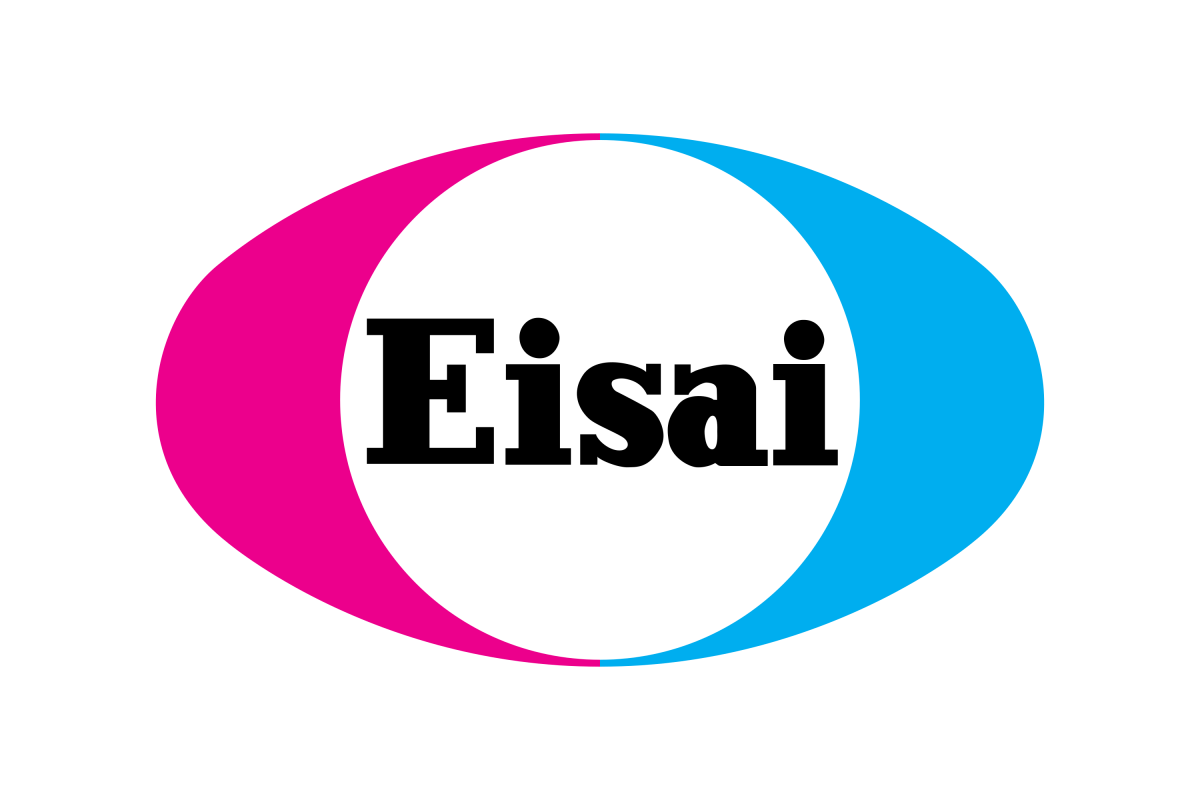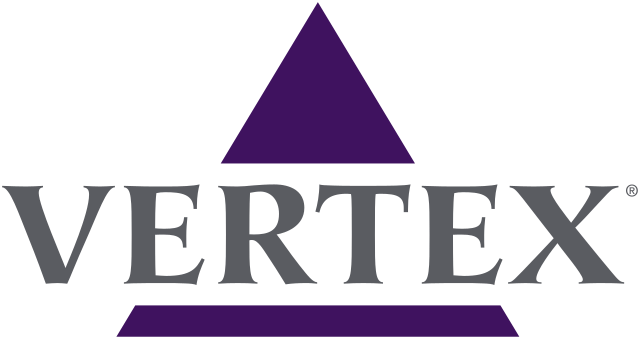2024 National Family Caregivers Month: Recognizing and Supporting Caregivers
2024 National Family Caregivers Month: Recognizing and Supporting Caregivers
A message from Marvell Adams Jr., CAN’s CEO.
View President Joseph R. Biden Jr.’s Presidential Proclamation.
In the U.S., more than half of those providing care don’t recognize themselves as caregivers. As a result, many do not access the tools that can alleviate caregiving stress. To address the caregiving crisis nationwide, we must help individuals identify themselves as caregivers and connect them with resources that can make a difference.
This year, during 2024 National Family Caregivers Month, we highlight the importance of self-recognition and self-identity—key factors in caregivers’ access to essential support. Identifying as a caregiver opens the door to the family caregiver support needed throughout their journey.
Why Self-Identification as a Caregiver Matters
Self-identifying as a caregiver is critical in various settings to ensure the care recipient and the caregiver receive appropriate support. Below are several key areas where self-identification plays a vital role:
At Your Loved One’s Doctor’s Office
You can participate more fully in their care by identifying yourself as a caregiver at your loved one’s doctor’s office. This is particularly important if your loved one has conditions like schizophrenia, depression, or dementia. Your insights into their daily behaviors and medication adherence are valuable for the medical team in making informed decisions.
At Your Own Healthcare Provider
Caregiving can take a toll on your physical and mental health, often leading to burnout, anxiety, or depression. Letting your healthcare provider know you are a caregiver allows them to monitor your well-being and recommend strategies to manage stress. This is particularly crucial if you’re caring for someone with bipolar disorder or PTSD.
At Your Mental Healthcare Provider or Therapist
If you’re seeing a therapist, self-identifying as a caregiver is essential. It ensures you receive targeted support for managing the emotional toll of caregiving, particularly for loved ones with conditions like major depression or borderline personality disorder.
When Talking with Your Loved One’s Insurance Company
Identifying yourself as a caregiver when interacting with your loved one’s insurance company allows you to advocate effectively for coverage, especially for treatments related to OCD or anxiety disorders. This step can be vital in securing the therapies and medications your loved one needs.
In the Emergency Room
During mental health crises such as panic attacks or psychotic episodes, a visit to the emergency room may be necessary. Identifying yourself as a caregiver provides crucial context to the medical team, ensuring they consider your loved one’s history when determining treatment and follow-up care. The CARE Act also requires hospitals to inquire if a patient has a family caregiver and to include them in the discharge process.
At the Pharmacy
If you manage medications for a loved one with anxiety or depression, it’s important to identify yourself as their caregiver at the pharmacy. This allows you to ask questions about potential side effects and ensure medications are being managed safely.
At Work
Balancing caregiving with a job can be challenging, especially when caring for someone with a mental health condition. By informing your employer about your role as a caregiver, you may be eligible for flexible work hours or time off under the Family and Medical Leave Act (FMLA), helping you manage both responsibilities effectively.
At Long-Term Care Facilities
If your loved one resides in a long-term care facility, identifying yourself as their caregiver ensures that you are involved in care decisions, particularly when dealing with conditions like dementia or Alzheimer’s.
With Friends
Sharing your caregiver role with close friends can help you build a support system. This is especially important when caring for someone with bipolar disorder or PTSD. Friends can offer both emotional and practical support, making your caregiving responsibilities more manageable.
With Faith Leaders
Caregiving can be emotionally and spiritually draining. By informing your faith leader about your role as a caregiver, you can receive spiritual guidance and connect with additional support. Many faith communities provide resources that offer a sense of belonging and emotional relief.
Resources to Help You During 2024 National Family Caregivers Month
Throughout 2024 National Family Caregivers Month, there are many free resources available to help you navigate your caregiving journey:
- Caregiver Help Desk – Access free, personalized support for your caregiving challenges.
- 10 Tips for Family Caregivers – Learn practical strategies for managing caregiving stress.
- Take Care of Your Mental Health – Use our free depression screener to monitor your emotional well-being.
- Connect with Other Family Caregivers – Join our Caregiver Action Network Community to share experiences and receive support.
- Share Your Caregiver Story – Inspire others by sharing your caregiving journey.
- Take Advantage of Resources from the I Care… Nonprofit Partners
During 2024 National Family Caregivers Month, we focus on empowering caregivers to self-identify and access the resources they need to succeed. Remember, you are not alone in this journey. With the proper support and tools, you can continue to provide care while taking care of yourself.
I Care… made possible with support from:
National Sponsor

Campaign Sponsor




Diamond Sponsor



Gold Sponsor




Friend


With Added Support From





